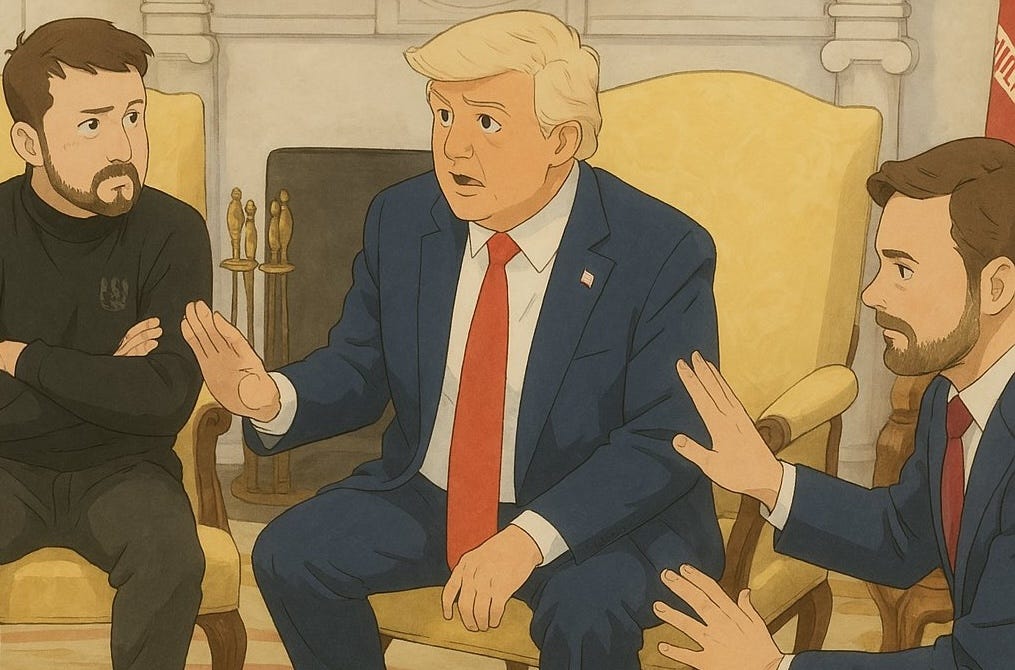🎞️ The Ghibli Effect and AI Copyright
AI's Legal and Ethical Challenges | Edition #182
Hi, Luiza Jarovsky here. Welcome to our 182nd edition, read by 56,500+ subscribers worldwide. It's great to have you here! Paid subscribers have full access to my timely analyses of AI's legal and ethical challenges. Don’t miss out!
For more: AI Governance Training | AI Book Club | Live Talks | Job Board
🎞️ The Ghibli Effect and AI Copyright
In the past 24 hours, the internet has been flooded with AI images like the one above. This viral trend, which has been coined “The Ghibli Effect,” represents a decisive moment in the AI copyright debate. Here's why:
These images were generated by OpenAI's latest image generator, launched two days ago. They're inspired by the iconic Studio Ghibli, a Japanese animation studio behind hits like “My Neighbor Totoro” and “Spirited Away.”
Among the capabilities of OpenAI's new image generator are:
It can accurately add text to images
It can create a series of images in the same style and maintain consistency when depicting the same characters and scenarios
It can reproduce images in the exact style requested, including the style of copyrighted works
From a legal perspective, reproducing a style does not necessarily constitute copyright infringement. However, if the AI system can replicate a particular style with precision, it suggests that it was trained using the original work (often copyrighted).
Whether or not using copyrighted works to train AI can be considered fair use (and under what conditions the fair use exception applies) is still being legally discussed (and litigated) in many parts of the world, including the United States.
If you’ve been reading this newsletter, you know that AI companies like OpenAI have been sued by numerous writers, artists, and content creators over copyright infringement, as they have not requested consent or provided compensation to copyright holders.
So why is this viral trend a decisive moment in the AI copyright debate? For two reasons:
Now that this new AI image generator can imitate style with extreme accuracy and create consistent scenes using the same style, new creators will discover that OpenAI used their copyrighted works to train its AI models.
Many artists will be deeply frustrated that this new AI image generator can create similar versions of their copyrighted work but with enough variation to avoid copyright infringement. It's unfair to artists that an AI system can create in a few seconds a similar, non-infringing version of an artwork that took so much human effort to produce.
It's unclear whether OpenAI has licensing agreements with Studio Ghibli and other creators whose styles are being imitated (to me, it seems unlikely that such deals exist).
My bet is that a new wave of copyright lawsuits is coming.
*
If you’re finding this newsletter valuable, share it with colleagues, and consider subscribing if you haven’t already. There are Team Lead subscriptions, group discounts, gift options, and referral bonuses available.
Thank you, and see you soon!
Luiza




I know it's wrong, but now I really want to see Ghibli Zelenskyy in the 4k remaster of Princess Mononoke - it would be so perfect.
Can you copyright your style?